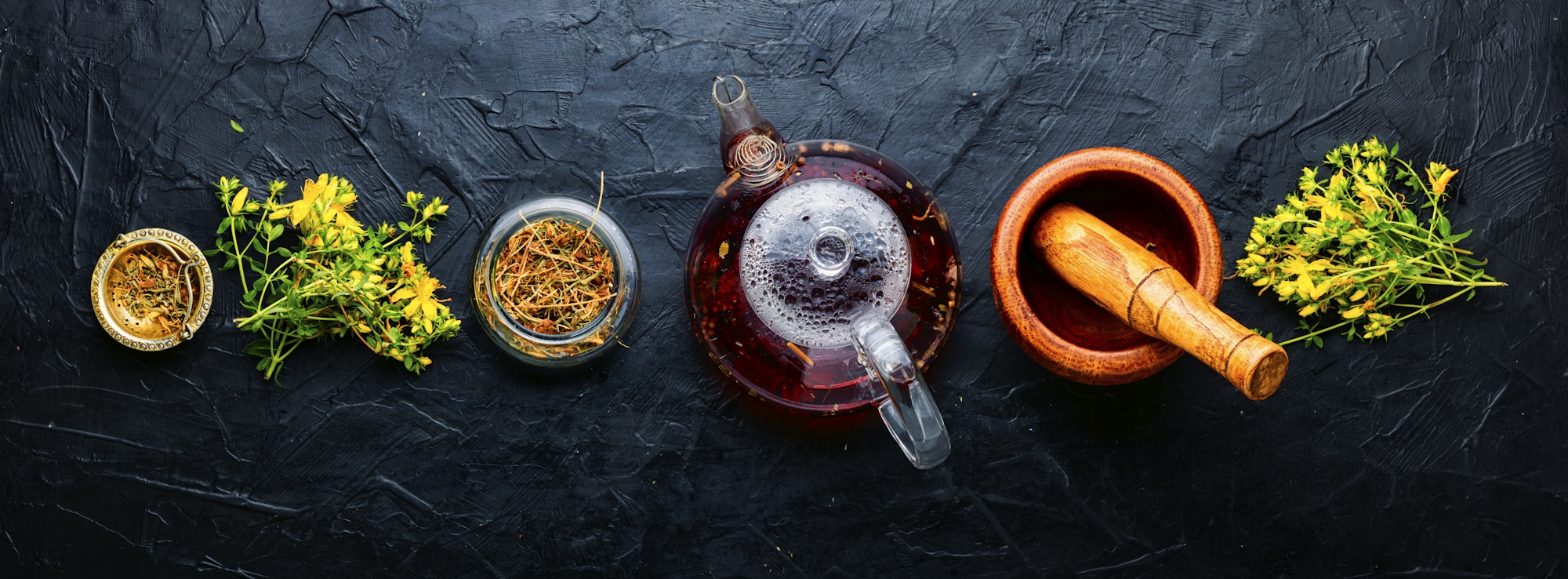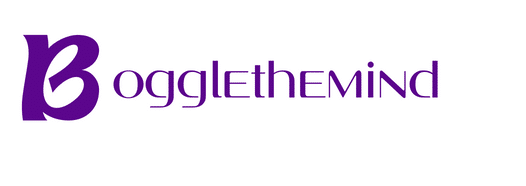Which Herbal Supplements Have Clinical Evidence in Supporting Anxiety Relief?

From the demands of work to the pressures of daily life, it’s no surprise that many of you find yourselves grappling with anxiety. This condition, a common mental health disorder, plagues countless people worldwide. The symptoms of anxiety disorders can vary widely, but generally include excessive worry, restlessness, and sleep problems, often leading to detrimental effects on overall health and well-being.
An increasing number of you are searching for natural ways to treat anxiety, turning to herbal supplements for relief. The question is – which of these supplements have clinical evidence supporting their effectiveness against anxiety? This article will delve into some of the most commonly used herbal supplements – Valerian and Kava, and their place in anxiety treatment.
Sujet a lire : What Is the Effect of High-Altitude Training on Endurance Runners’ Oxygen Efficiency?
Valerian and Its Role in Anxiety Relief
Valerian, a perennial flowering plant native to Europe and parts of Asia, has gained popularity as a natural treatment for anxiety and sleep disorders. It’s commonly consumed as a supplement, or used in tea for relaxation purposes. But does clinical evidence back its anxiety-relieving properties?
Several studies have shown promising results. A study published in the American Journal of Medicine found that participants who took valerian extract reported significant improvement in their anxiety symptoms compared to those who took a placebo. Another study in Phytotherapy Research showed similar effects, with valerian extract reducing anxiety symptoms and improving sleep quality. These findings align with traditional uses of valerian, suggesting that it may indeed help alleviate anxiety.
Dans le meme genre : Which Natural Fibers in Clothing Can Help Reduce Skin Irritations?
However, it’s worth noting that while these studies show promise, more extensive research is required to establish valerian’s full effectiveness and potential side effects. Furthermore, as with any supplement, it’s recommended to consult with a healthcare professional before starting any valerian regimen.
Kava and Its Potential for Anxiety Treatment
Like valerian, kava – a plant native to the Pacific Islands – has been used traditionally to reduce stress, promote relaxation, and improve sleep. Today, its roots are often ground into a powder and used in supplements for anxiety treatment.
Several clinical studies have explored the effectiveness of kava in reducing anxiety. A comprehensive meta-analysis published in the Journal of Clinical Psychopharmacology found that kava significantly reduced anxiety symptoms, with effects comparable to those of commonly prescribed anti-anxiety medications. Another study in the Journal of Affective Disorders reported a significant reduction in anxiety for participants taking kava compared to those on a placebo.
However, kava is not without potential risks. There have been reports of severe liver damage linked to the use of kava supplements. It’s essential to use kava responsibly and consult with a healthcare professional about potential risks and interactions with other medications.
The Science Behind Herbal Supplements and Anxiety
The efficacy of herbal supplements like valerian and kava in anxiety treatment can be attributed to their active compounds. For instance, valerenic acid in valerian has been found to interact with gamma-aminobutyric acid (GABA), a neurotransmitter that helps regulate nerve impulses in your brain and nervous system. Low GABA levels have been linked to anxiety and mood disorders.
Similarly, kava’s active compounds, known as kavalactones, have been shown to influence several neurotransmitters, including GABA and dopamine, which are important for regulating mood and promoting feelings of well-being.
Are Herbal Supplements Right for Everyone?
While the clinical evidence suggests that herbal supplements like valerian and kava can help with anxiety, they may not be the right solution for everyone. Both valerian and kava have potential side effects, and their safety and efficacy can vary widely. Therefore, it’s important to consult with a healthcare professional before starting any new treatment regimen.
Furthermore, it’s important to remember that while these supplements can help manage symptoms, they’re not a cure for anxiety disorders. Effective treatment for anxiety often involves a combination of therapies, including medication, psychotherapy, lifestyle changes, and in some cases, the addition of natural supplements.
Overall, herbal supplements represent a promising field of study in the treatment of anxiety and other mental health disorders. However, more research is needed to fully understand their potential benefits and risks.
St. John’s Wort and Lemon Balm: Other Herbal Options
Beyond Valerian and Kava, other herbal supplements have been investigated for their potential in anxiety treatment. Two such supplements are St. John’s Wort and Lemon Balm.
St. John’s Wort, a flowering plant native to Europe and Asia, has been extensively used in traditional medicine for various mental health conditions, including anxiety and depression. Some studies suggest that it may be as effective as standard prescription drugs for mild-to-moderate depression. However, its usefulness in anxiety treatment is less clear. While some studies, accessible through databases like Google Scholar and PubMed CrossRef, have shown positive effects, others have not. As with many herbal supplements, more rigorous research, like double-blind placebo-controlled trials, are needed. Also, St. John’s Wort can interact with several medicines, so it’s important to discuss its use with a healthcare professional.
Lemon Balm, native to South-central Europe, North Africa, and West Asia, has been traditionally used for its calming effects. A systematic review published in the Journal of Nutrition highlighted its potential for reducing anxiety symptoms. However, Lemon Balm’s sedative properties can also lead to drowsiness, so caution is advised.
In conclusion, while both St. John’s Wort and Lemon Balm have shown potential in helping with anxiety relief, more research is needed to confirm their effectiveness and safety fully. Always consult with a healthcare professional before starting a regimen that includes these or any other herbal supplements.
Conclusion: The Role of Herbal Supplements in Anxiety Treatment
Living with an anxiety disorder can be challenging. More and more people are looking to herbal supplements as a potential way to manage their symptoms. Research has shown that supplements such as Valerian root, Kava, St. John’s Wort, and Lemon Balm may offer some relief.
These natural remedies interact with various neurotransmitters in the brain, potentially helping to alleviate anxiety symptoms. However, it’s crucial to remember that these supplements, while potentially beneficial, are not a standalone cure.
Treatment for anxiety disorders often involves a multi-faceted approach, integrating medication, psychotherapy, lifestyle changes, and possibly, the addition of natural supplements. Furthermore, the effectiveness and safety of these supplements can vary widely, and they can have potential side effects. Therefore, consulting with a healthcare professional before starting any new regimen is essential.
With ongoing research, the understanding of the potential benefits and risks of herbal supplements for anxiety treatment will continue to develop. By staying informed and discussing options with healthcare providers, individuals can make the most informed decisions about their mental health treatment.
